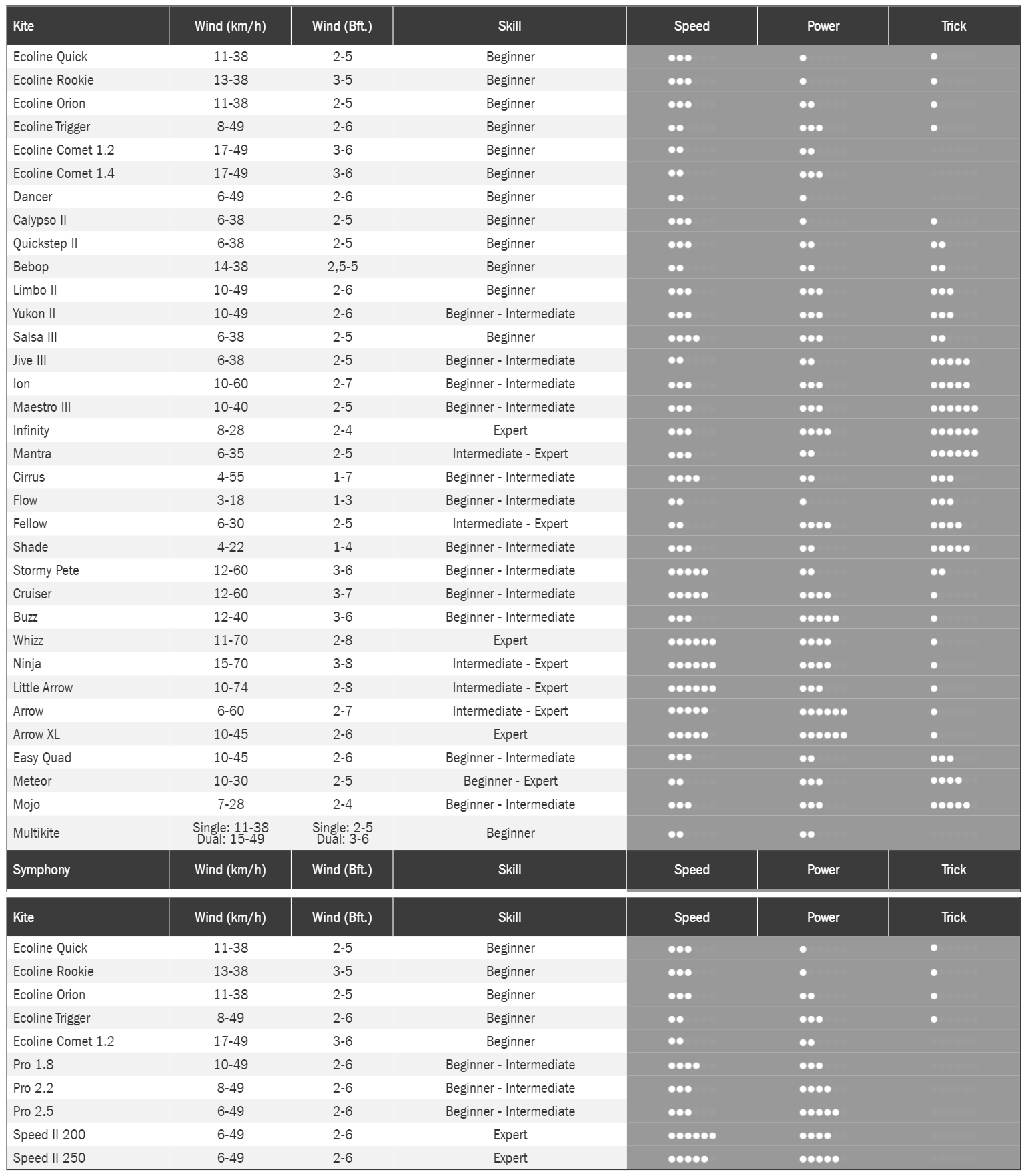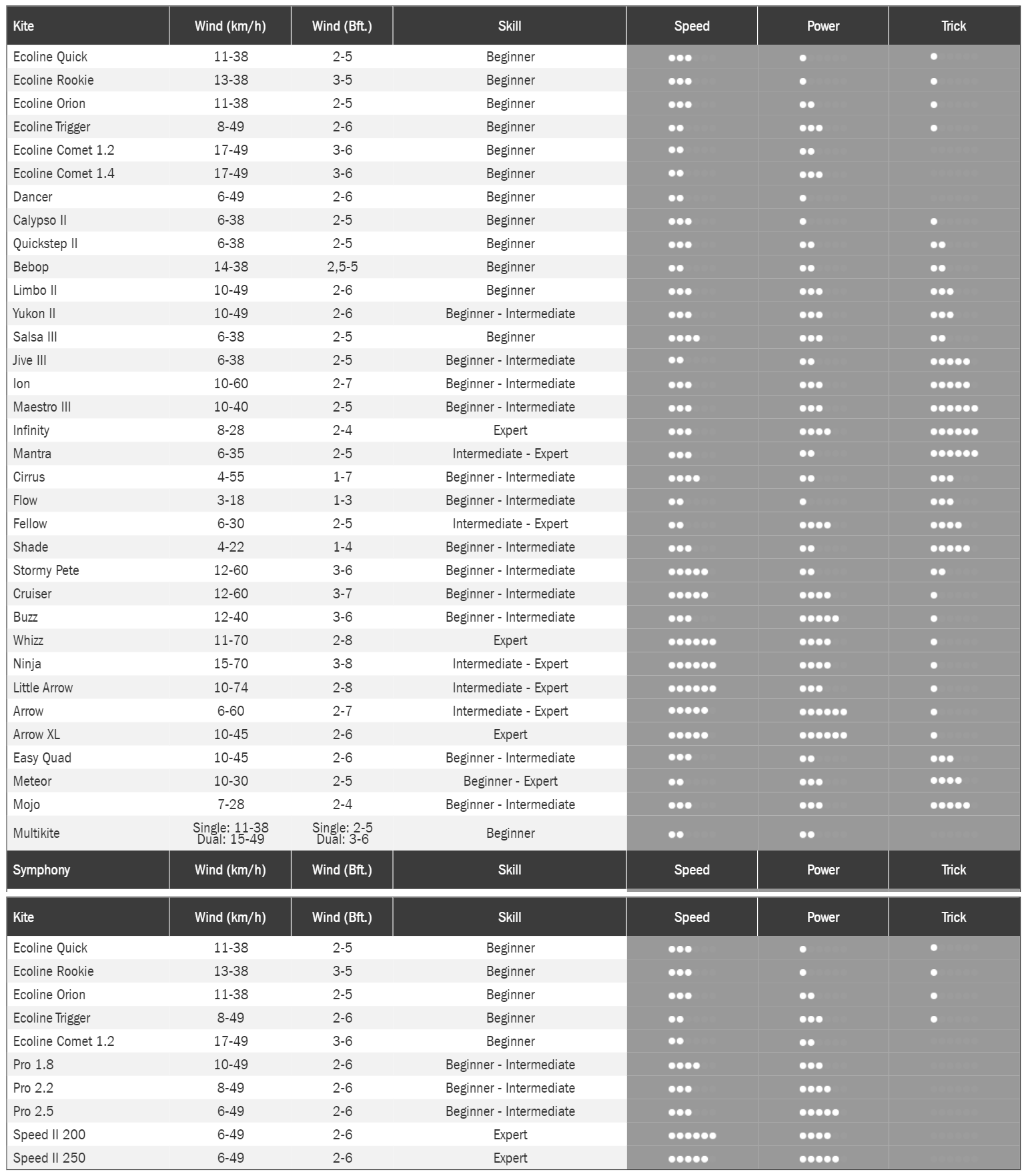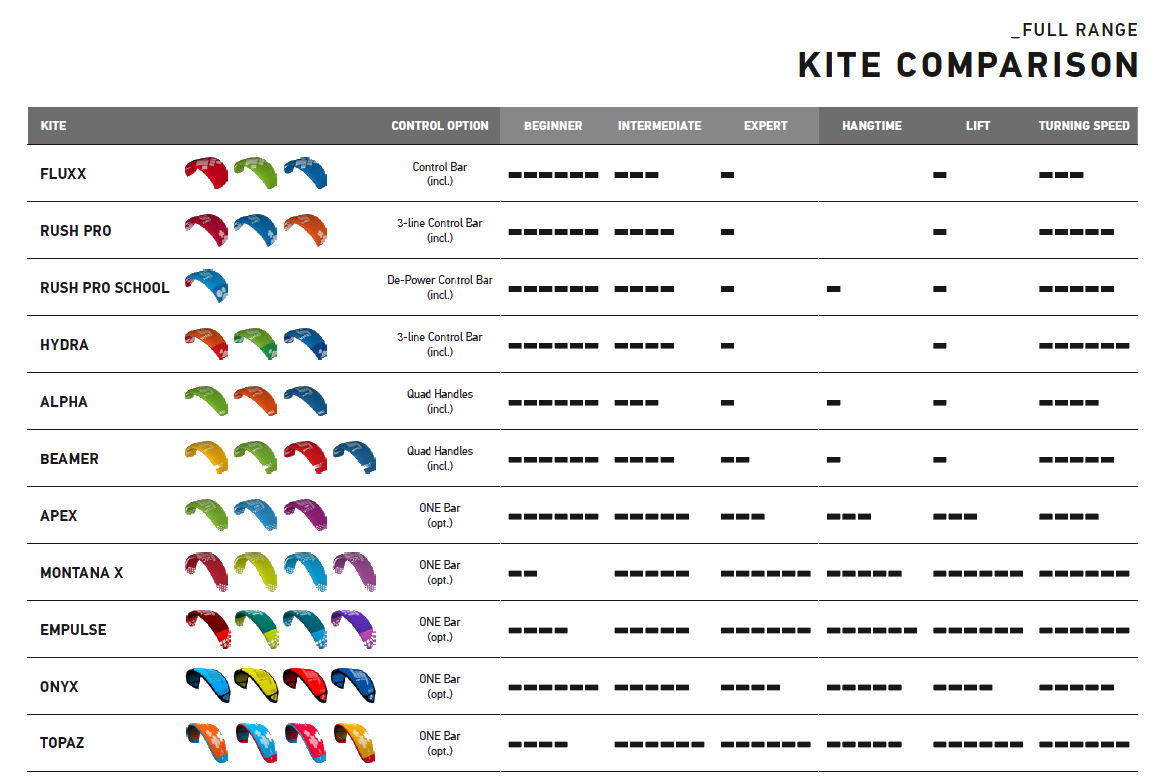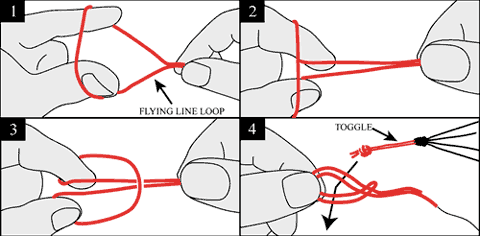
 Todos os kites HQ numa única tabela - para uma comparação mais fácil
Todos os kites HQ numa única tabela - para uma comparação mais fácil




Temos tudo para kites. Caso não encontre o que procura não deixe de nos contactar.
Se é um cliente profissional, contacte-nos para descontos de volume.
contacto@kiteland.pt - 218229846

 Todos os kites HQ numa única tabela - para uma comparação mais fácil
Todos os kites HQ numa única tabela - para uma comparação mais fácil


O nó Lark permite ligar facilmente a linha de voo aos arreios do seu kite.


A escala Beaufort há muito que é usada como sistema de medida de velocidade de ventos. Foi inicialmente apresentada à Marinha Britânica em 1805 por Sir Francis Beaufort (1774-1857) com o objectivo de descrever o efeito dos ventos num navio totalmente equipado e foi posteriormente estendida para descrever também os efeitos dos ventos ocorridos em terra.
| Bft | Rendondezas | Vento | Knots | km/h | mph | m/s |
|---|---|---|---|---|---|---|
| 0 | O fumo sobe verticalmente e o mar é suave como um espelho | calmo | 0 | 0 | 0 | 0 |
| 1 | O fumo move-se levemente mostrando a direção do vento | aragem leve | 1-3 | 1-5 | 1-3 | <2 |
| 2 | Pode sentir o vento no rosto e começará a ouvir as folhas | brisa leve | 4-6 | 6-11 | 4-7 | 2-3 |
| 3 | O fumo move-se horizontalmente e os galhos mais pequenos começarão a balançar. O vento já estenderá uma bandeira leve | brisa suave | 7-10 | 12-19 | 8-12 | 4-5 |
| 4 | A poeira ou a areia solta no chão mover-se-ão e os galhos maiores oscilarão, um papel solto mexe-se em redor. | brisa moderada | 11-16 | 20-28 | 13-18 | 6-7 |
| 5 | Ondas superficiais formam-se na água e as árvores mais pequenas balançam | brisa fresca | 17-21 | 29-38 | 19-24 | 8-10 |
| 6 | As árvores começam a dobrar-se com a força do vento e causam assobios nos fios telefónicos e um pouco de spray na superfície do mar | brisa forte | 22-27 | 39-49 | 25-31 | 11-13 |
| 7 | Árvores grandes balançam | ventania moderada | 28-33 | 50-61 | 32-38 | 14-16 |
| 8 | Galhos quebram-se das árvores e longas faixas de espuma aparecem no oceano | ventania fresca | 34-40 | 62-74 | 39-46 | 17-20 |
| 9 | Ramais quebram-se das árvores | ventania forte | 41-47 | 75-88 | 47-55 | 21-24 |
| 10 | Árvores mais fracas são arrancadas e o mar assume uma aparência branca | ventania total | 48-55 | 89-102 | 56-64 | 25-28 |
| 11 | Danos generalizados | tempestade | 56-63 | 103-117 | 65-73 | 29-32 |
| 12 | Danos estruturais terrestres e tempestade no mar | tufão | >46 | >118 | >74 | >33 |
| kite discipline | Top line strength | Brake line strenght |
|---|---|---|
| sport/trick flying | 25 - 110Kg | - |
| powerkiting | 170 - 210Kg | 75 -110Kg |
| kite buggying | 170 - 300Kg | 75 - 110Kg |
| landboarding/snowkiting | 300 - 375Kg | 300 - 375Kg |
| kiteboarding | 300 - 500Kg | 300 - 375Kg |
Which line strength you should use depends on a number of factors. Ideally one would use multiple line-sets for the same kite for different wind speeds to get the best possible performance. You can imagine that a 2m 4-line foilkite flies great in 20 knots on 200kg steering lines, but fly that same kite with the same lines in 10 knots and you will notice that the lines sag, making steering less responsive.
Even pilot skill and riding style comes in to play when we look at buggy racers, smooth technical racers will use 200 to 250kg steering lines where heavier and/or more aggressive racers will use 300kg lines or even stronger.
Generally high winds and/or heavier pilots require stronger lines.
Line lenght is very much preferential, the rule of thumb is: Shorter lines make steering more direct with the sacrifice of low end performance and long lines give the kite a better low end at the sacrifice of kite responsiveness.
Dyneema® is without a doubt the best possible line to use for kiting, however there are a few things to look out for when using Dyneema® lines;
Knots - Dyneema® handles knots poorly, this is why the lines have sleeves at the ends where the knots are, the sleeves are there to protect the line itself.
As an example: put a knot in a 200kg line and you will cut its breaking strength in half and under tension the line will break right at the knot.
Melting - In comparison to other kite flying lines such as Nylon, Dacron or Aramid/Kevlar, Dyneema's melting point/temperature is lower so if you ever tangle your 4-line powerkite with a single line kids kite (which are generally flown on Nylon lines) chances are you'll lose.

 Todos os kites HQ numa única tabela - para uma comparação mais fácil
Todos os kites HQ numa única tabela - para uma comparação mais fácil
